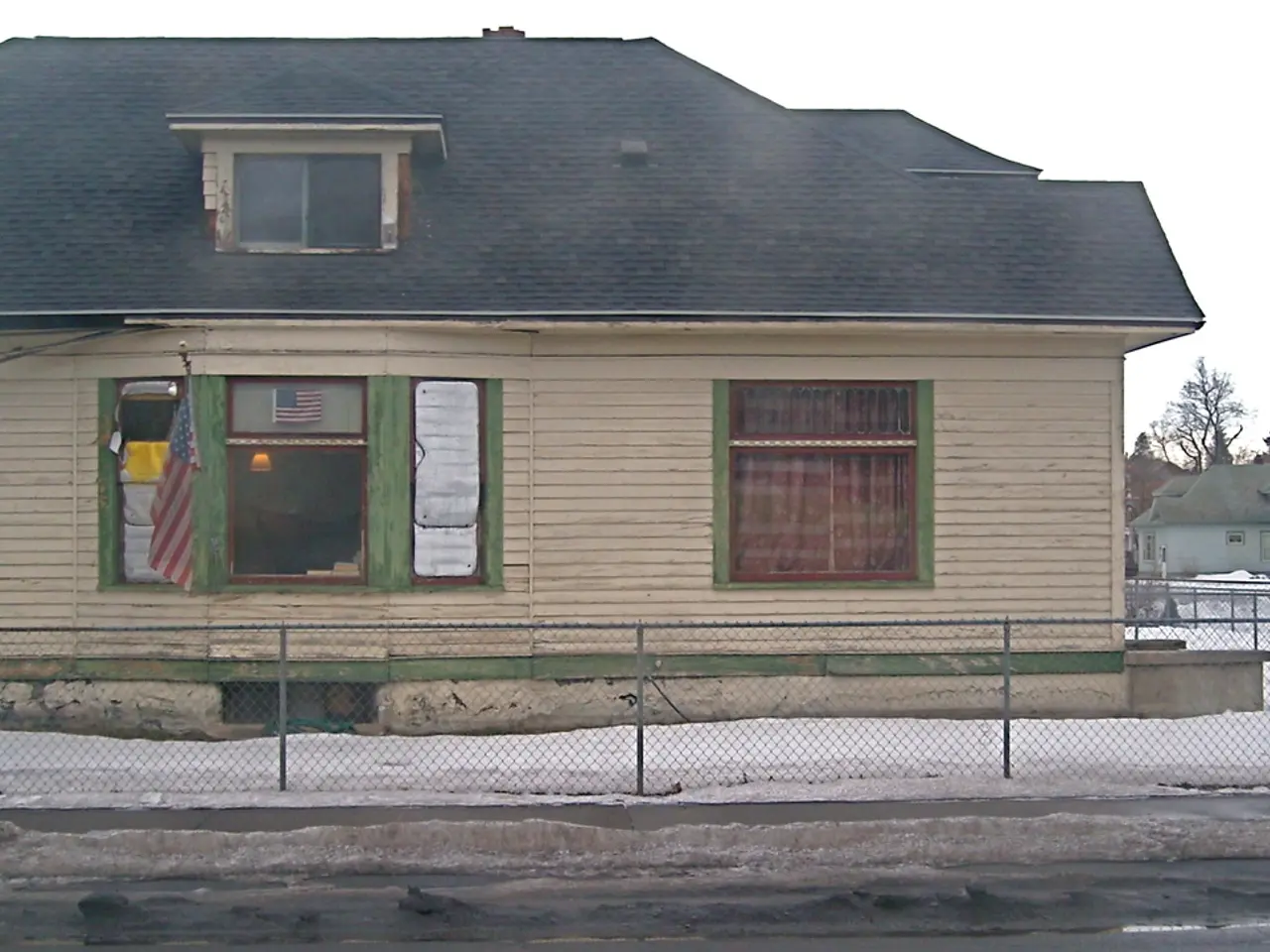Healthcare in Saxony-Anhalt: A Shift Towards Private Ownership
Expanded Medical Facilities Spotted Across Saxony-Anhalt Region - Expanded health facilities in Saxony-Anhalt
Get this? There's been a significant boom in Medical Care Centers (MVZ) in Saxony-Anhalt. From a mere 74 facilities in 2019, we're now at 111 by the end of 2024! State parliamentarian Nicole Anger (Left) couldn't help but notice this change, pointing out that the increase in private MVZs is causing a shift in priorities.
Anger's got some concerns. With more profit-driven providers entering the scene, she worries that medical needs are taking a backseat to economic interests. Her argument? The focus is on lucrative specialties like surgery, orthopedics, radiology, and dentistry, instead of primary care - a sign that money, not community health, is ruling the roost.
The Altmark's Alarming Healthcare Gap
Anger's particularly alarmed about the situation in the Altmarkkreis Salzwedel, where both MVZs and a sustainable hospital infrastructure seem to be in short supply. She believes the state needs to step in and close these gaps. The Left demands a push for community-oriented and municipal MVZs.
So, here's the deal: As of now, there isn't a single MVZ owned by a municipality in our fair Saxony-Anhalt. The state government claims it hasn't encountered any municipality currently pursuing this strategy. Moreover, the state budget doesn't include any funds for the promotion and support of municipal MVZs.
Now, an MVZ isn't your regular doctor's practice. These centers have an urban planning-like separation of ownership from medical treatment, with doctors usually working as staff. According to the Federal Ministry of Health, MVZs can be interdisciplinary or physician group-based facilities.
The Left is all about bolstering community-centric healthcare to boost accessible, integrated, and locally accountable healthcare provision. They believe in strengthening public healthcare infrastructure to ensure equitable health services, especially in underserved or rural areas. This aligns with the Left's broader party goals to improve social welfare and public services.
Lack of municipal MVZs in Saxony-Anhalt could be due to historical, structural, and policy factors. Establishing municipal MVZs requires political will, funding, and administrative capacity. In many regions, healthcare provision has been privatized or managed by non-municipal entities, limiting the role of local governments in directly providing medical services. Add to that, Saxony-Anhalt, being part of the former East Germany, faces challenges related to rural depopulation and medical workforce shortages, making the creation and sustainability of new municipal MVZs a struggle. The absence of municipal MVZs might also reflect a lack of targeted policy incentives or support frameworks at the state or local level, specifically promoting community-owned healthcare centers over private or outpatient specialist practices.
So, the Left's demands stem from the desire to re-establish and strengthen publicly accountable, community-focused medical care to improve healthcare accessibility and quality in Saxony-Anhalt, addressing regional healthcare challenges through politically supported solutions.
- The Left in Saxony-Anhalt is advocating for an increase in community-oriented and municipal Medical Care Centers (MVZs) to counter the rising number of profit-driven providers, as they believe this shift will prioritize addressing medical needs over economic interests.
- Currently, there isn't a single MVZ owned by a municipality in Saxony-Anhalt, which is concerning for the Left, as they argue that sustainable hospital infrastructure and accessibility to health services, especially in underserved or rural areas, are vital for improving social welfare and public services.
- The Left also emphasizes the importance of vocational training for various medical fields within MVZs as part of their strategy to create accessible, integrated, and locally accountable healthcare provision.
- Aside from policy incentives and support frameworks, challenges like rural depopulation, medical workforce shortages, and limited administrative capacity are hindering the creation and sustainability of new municipal MVZs in Saxony-Anhalt, particularly in the Altmarkkreis Salzwedel.







